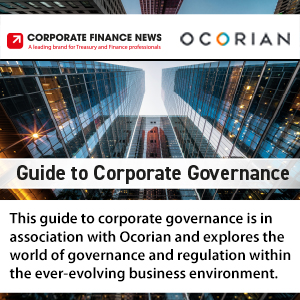Midwich has issued its year end trading update, with analysts describing it as "mild" and a suggestion of "tougher times" that may lie ahead.
The UK audio-visual equipment distributor said that in the year to 31 December 2024, its revenue finished slightly over £1.3bn, which is marginally ahead of the prior year and is in line with its guidance provided in October.
Its overall revenue growth was approximately 3%, while organic revenue increased by around 1% year-on-year.
The group was also able to deliver “strong” cash generation in the year, of around 90% of adjusted EBITDA, which is ahead of its long-term expectations of between 70% and 80%.
Group managing director at Midwich, Stephen Fenby, said that "challenging market conditions" had continued through the year, with the anticipated return to growth in mainstream products in the second half of the year not materialising.
He added: "Excess product supply has continued to drive price erosion, particularly in display categories, and this, combined with some aggressive supplier activity, impacted gross margins in the second half.
"The group's long-term focus on higher margin, more specialist product areas such as technical video, audio and lighting has helped to mitigate the impact of continued softness in more mainstream categories.
"Whilst the broader market backdrop remains challenging, the group continues to look for and exploit new growth opportunities, as well as retaining a tight focus on overhead efficiencies. I believe the group remains well positioned to continue to deliver both organic and inorganic growth in the longer term."
However, investment director at AJ Bell, Russ Mould, stated: "Midwich has substantially increased its revenues and profits since its UK market debut in 2016 as acquisitions have supplemented organic progress, but a mild profit warning suggests tougher times may lie ahead.
"Management notes that the expected second-half recovery failed to develop in the second half of 2024 and that price competition increased as a result. Cost efficiencies and product mix have helped but earnings have disappointed all the same, to leave the shares at their lowest mark since early 2017."
Latest News
© 2019 Perspective Publishing Privacy & Cookies




.jpg)




Recent Stories